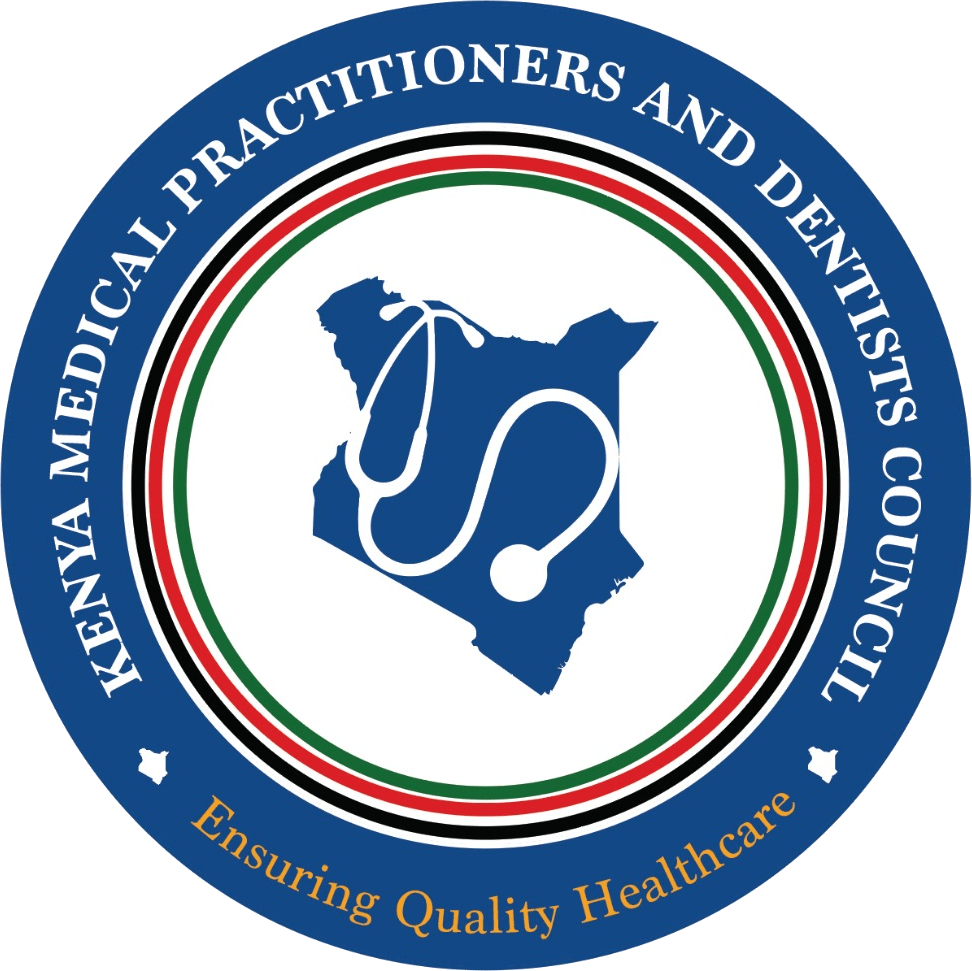Sep 19, 2025
Ending on:
Dec 31, 2025
Moderator(s):
Consultant Paediatrician
Defence Forces Memorial Hospital Conference Hall
Max Credits:
3 Points
Provider:
Defence Forces Memorial Hospital
Claim Points
Tuberculosis in Paediatrics
Sep 19, 2025
Dec 31, 2025
Defence Forces Memorial Hospital Conference Hall
Description
Tuberculosis (TB) remains a leading cause of infectious disease mortality worldwide, and children bear a disproportionate burden of its morbidity. paediatric TB presents unique diagnostic and therapeutic challenges that differ significantly from adult disease. Its non-specific symptoms, paucibacillary nature, and difficulty obtaining specimens often lead to under-diagnosis and delayed treatment, resulting in severe complications including meningitis, miliary disease, and death. This Continuing Medical Education (CME) activity is designed to address critical knowledge and performance gaps faced by clinicians caring for paediatric patients. Through expert-led lectures, interactive case-based discussions, and review of the latest guidelines, this session will move beyond the basics to explore the complexities of childhood TB. Participants will gain proficiency in interpreting advanced diagnostic tools (including molecular and radiological studies), constructing effective drug regimens for both drug-susceptible and drug-resistant TB, and implementing robust contact tracing and prevention strategies within families and communities. This activity is essential for paediatricians, family physicians, infectious disease specialists, and public health professionals committed to improving outcomes for this vulnerable population.
Objectives
Presenters
-
Dr.
Cecilia Kiriongi
Consultant Paediatrician
Defence Forces Memorial Hospital

